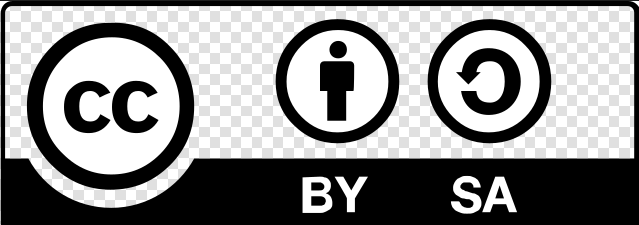During the COVID 19 Pandemic the Irish government introduced the Pandemic Unemployment Payment (PUP) as an emergency financial support for all workers who had become unemployed due to the pandemic. Originally supposed to last for six weeks beginning in March 2020, the payment lasted for two years, eventually finishing in March 2022. The full payment amount was €350 per week, with lower rates of €300, €250 and €203 later introduced depending on prior income.
One of the consequences of the pandemic and this payment has been a shift in the debate about a universal basic income (UBI) in Ireland. As our first Food for Thought contribution, we outline here some of the positions of social and political actors in this debate. In subsequent Food for Thought pieces we will take a more detailed look at some of the arguments made from different economic and political perspectives in Ireland on this issue.
As part of the programme of the current government in Ireland, there was a commitment to trial a basic income scheme during its term (2020-25) as part of ‘anti-poverty and social inclusion measures’. One of the current coalition parties, the Green Party, has been a strong proponent of UBI. Their policy position includes a universal basic income by 2024 that is not means tested and does not change as someone’s income changes. According to their policy documents, the UBI would replace a number of social welfare payments as a new way of providing a social safety net, and would be ‘an important tool for lifting people out of poverty and allowing them to maximise their educational, social and employment opportunities’.
While the current government commitment to pilot a UBI scheme in Ireland remained vague in the first year of its term, post-pandemic this has changed. The negative effects of COVID lockdowns on workers in culture and arts in Ireland received a lot of attention during the pandemic and sector-specific measures were called for. With the PUP having established important precedent in terms of State interventions with universal payments to guarantee living standards, and a Green Party Minister for the Arts, an opportunity arose to implement a pilot scheme in this area.
The pilot began receiving applicants in May 2022 for 2000 artists and creative workers who will be paid €325/week over 3 years. The pilot has a strong research component (there is a control group of another 10000 artists) and the hope is that the results will provide the evidence base to support rolling out the scheme for all artists in Ireland.
Outside of government, there has been considerable debate post pandemic about UBI and support is far from universal. The Irish Congress of Trade Unions has taken quite a strong position in their recent report ‘The Social Wage’. According to the report, UBI is not what trade unions should be focused on right now in terms of worker’s rights:
’’Trade unions do not support this and hold the view that the money needed to fund an adequate Basic Income would be more effective and better spent on improving income supports and investing in universal public services’’.
One of the arguments here relates to the quality and cost of public services in Ireland. In basic terms, the argument goes, there is no point in putting more money in peoples’ pockets if they are paying extremely high prices for sub standard services like childcare and housing.
Other critiques from the left include a UBI being a market mechanism that implies a further weakening of the welfare state. The focus of the People Before Profit party has been on increasing the social welfare payment levels for people not working (including some of the social groups worst affected by poverty in Ireland like the elderly and single mothers) to the levels of the PUP. The argument here being that, if the PUP was the amount needed to live with dignity (for most people the PUP was €350/week) during the pandemic, it is the amount needed to live with dignity any other time, and should become the minimum standard for welfare.
What trade unions and left parties seem to agree on is that UBI should not be a major priority right now. Addressing wider social provision by investing in universal public services and increasing salaries (although not agreeing on how much a living wage should be) are policies being prioritised instead.
In subsequent Food for Thought pieces we will look further at these, and other, positions and arguments on the issue of universal basic income in Ireland.
Sources:
The Social Wage May 2022.pdf (ictu.ie)
A Socialist Case Against Universal Basic Income – REBEL (rebelnews.ie)
Ireland: Working life in the COVID-19 pandemic 2021 (europa.eu)
Artists to get €325 a week under Basic Income pilot project – News At One (rte.ie)
Universal Basic Income | Green Party
gov.ie – Pandemic Unemployment Payment & Enhanced Illness Benefit to continue until end June – Minister Humphreys (www.gov.ie)
Interviewees: Eddie Conlon, National Secretary, People Before Profit
Author: Hilary Darcy, Financial Justice Ireland, Dublin

This text is published under the terms of the Creative Commons License: CC BY-SA 2.0. The name of the author shall be as follows: CC BY-SA 2.0, Author: Hilary Darcy, funding source: Erasmus+ Programme for Adult Education of the European Union. The text and materials may be reproduced, distributed, made publicly available, shared and adapted under the following conditions: In any case shall the name of the author, the license as well as the website’s address of the original source be published.
The European Commission’s support for the production of this publication does not constitute an endorsement of the contents, which reflect the views only of the authors, and the Commission cannot be held responsible for any use which may be made of the information contained therein.

